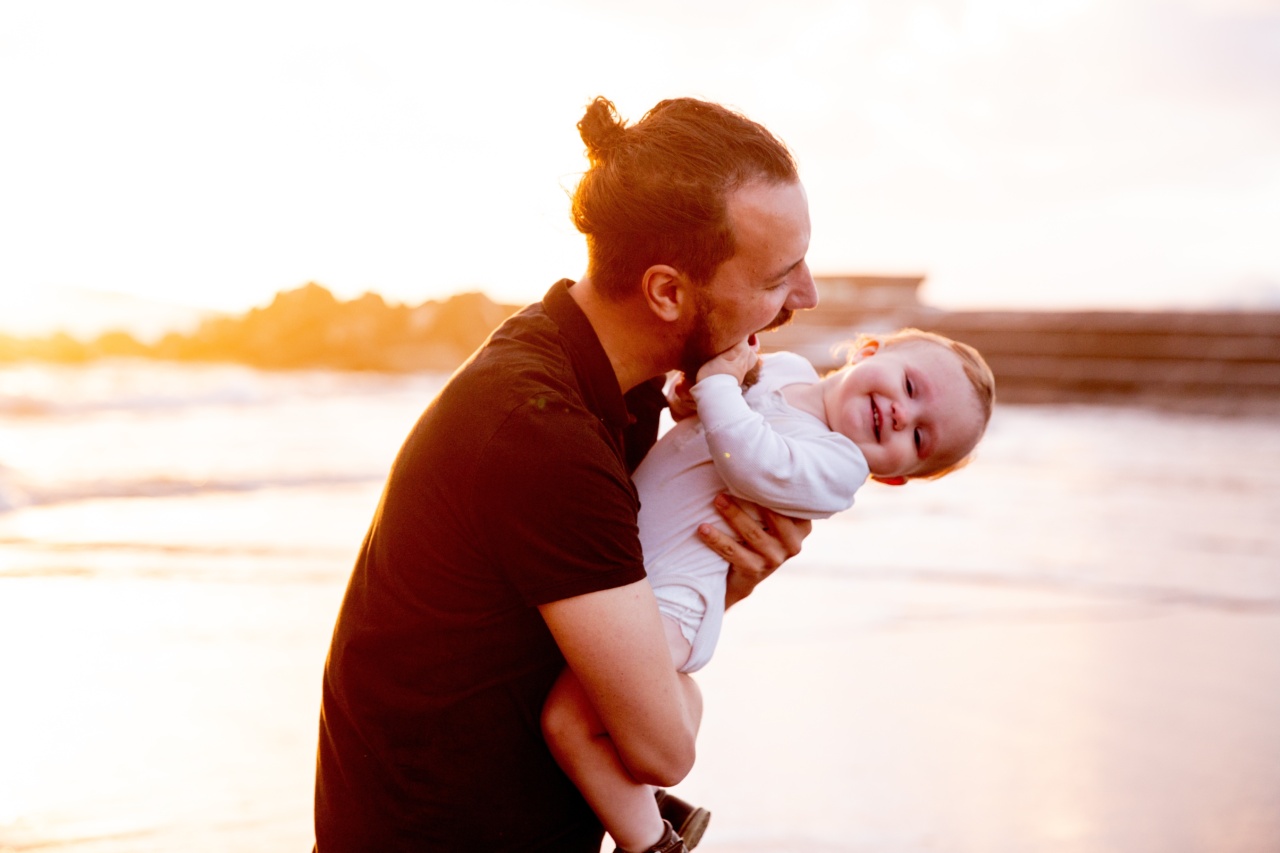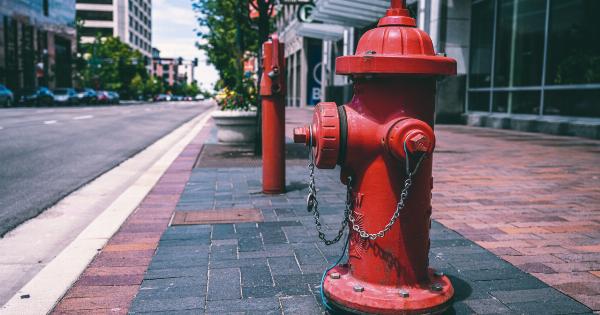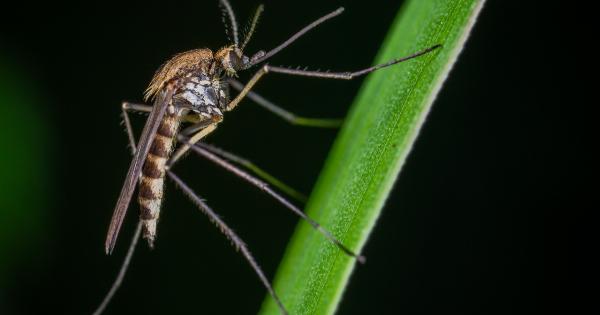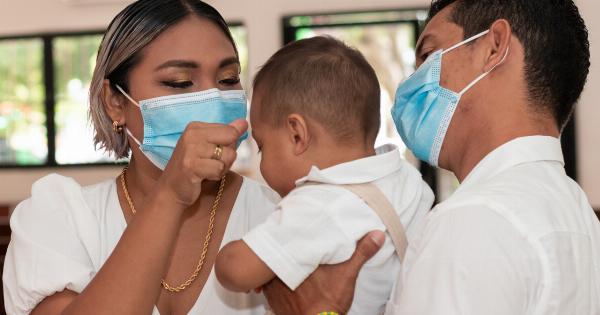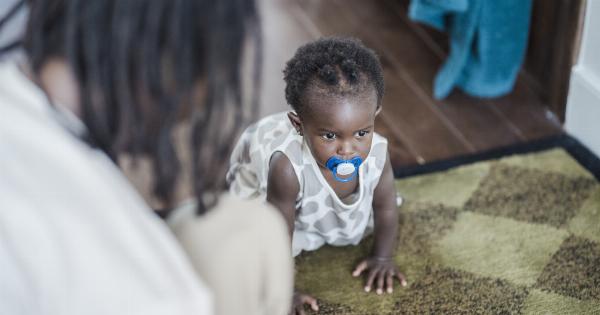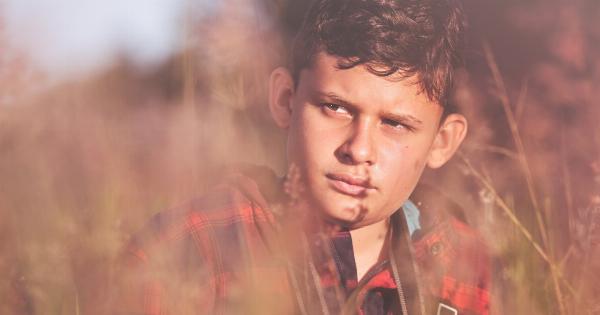As a parent, protecting your baby from mosquito bites is a top priority. Not only can mosquito bites cause severe irritation and discomfort to babies, but they can also transmit diseases such as the West Nile virus, dengue fever, and Zika virus.
In this article, we will explore the best ways to prevent mosquito bites on your baby.
Clothing
The first line of defense against mosquito bites is clothing. Dress your baby in light-colored, loose-fitting clothing that covers as much skin as possible. Long-sleeved shirts and pants made of lightweight materials such as cotton and linen are ideal.
Tuck pants into socks and shirts into pants to prevent mosquitoes from gaining access to your baby’s skin.
Time of Day
Mosquitoes are most active at dusk and dawn, so avoid taking your baby outside during those times if possible.
If you must be outside during these hours, dress your baby in long sleeves and pants and use mosquito netting over your baby’s stroller or carrier.
Mosquito Repellent
Mosquito repellent is another tool you can use to prevent mosquito bites on your baby. However, not all mosquito repellents are safe for infants.
The American Academy of Pediatrics recommends that parents use repellents containing no more than 30% DEET for infants over two months of age. For babies under two months, it is best to avoid using mosquito repellent altogether. Apply the mosquito repellent sparingly and only to exposed skin. Do not apply repellent to a baby’s hands or near the mouth or eyes.
Mosquito Nets
Mosquito nets are a convenient way to protect your baby from mosquito bites, especially when you are traveling to areas with high mosquito activity. Use a mosquito net over your baby’s crib or play area to keep mosquitoes away.
Make sure the net is free from any holes or tears that could allow mosquitoes to enter.
Avoid Standing Water
Mosquitoes breed in standing water, so it is important to eliminate any potential breeding grounds around your home. Drain any standing water in flower pots, bird baths, and other areas where water can collect.
Keep your baby away from areas with standing water, and use mosquito netting if necessary.
Fans
Mosquitoes are weak fliers, and they have trouble flying in strong windy conditions. Use fans in your baby’s room and outdoor play areas to keep mosquitoes away.
The breeze from the fan will make it difficult for mosquitoes to land and bite your baby.
Window and Door Screens
Make sure all windows and doors in your home have screens to prevent mosquitoes from entering. Check the screens regularly for any holes or tears and repair them as necessary.
Keep doors closed and use door sweeps to prevent mosquitoes from entering your home.
Natural Repellents
For parents who prefer natural products, there are several natural mosquito repellents that can be used on babies. These include citronella oil, lemon eucalyptus oil, and soybean oil.
However, natural repellents are not as effective as those containing DEET, so use them in combination with other preventive measures.
Bug Zappers and Traps
Bug zappers and traps can also be used to keep mosquitoes away from your baby. Place bug zappers and traps away from your baby’s play area, as they can be noisy and disruptive.
Conclusion
By following these tips, you can protect your baby from mosquito bites and prevent the spread of mosquito-borne diseases.
Remember to dress your baby in protective clothing, avoid exposing your baby to mosquitoes during peak activity times, use mosquito repellent sparingly, use mosquito nets and fans where necessary, and eliminate standing water around your home. By taking these simple steps, you can enjoy the outdoors with your baby without worrying about mosquito bites.
